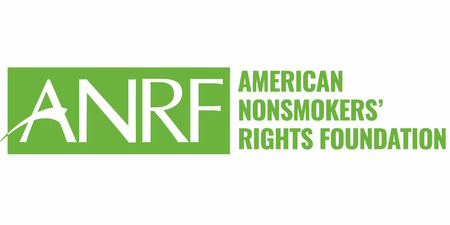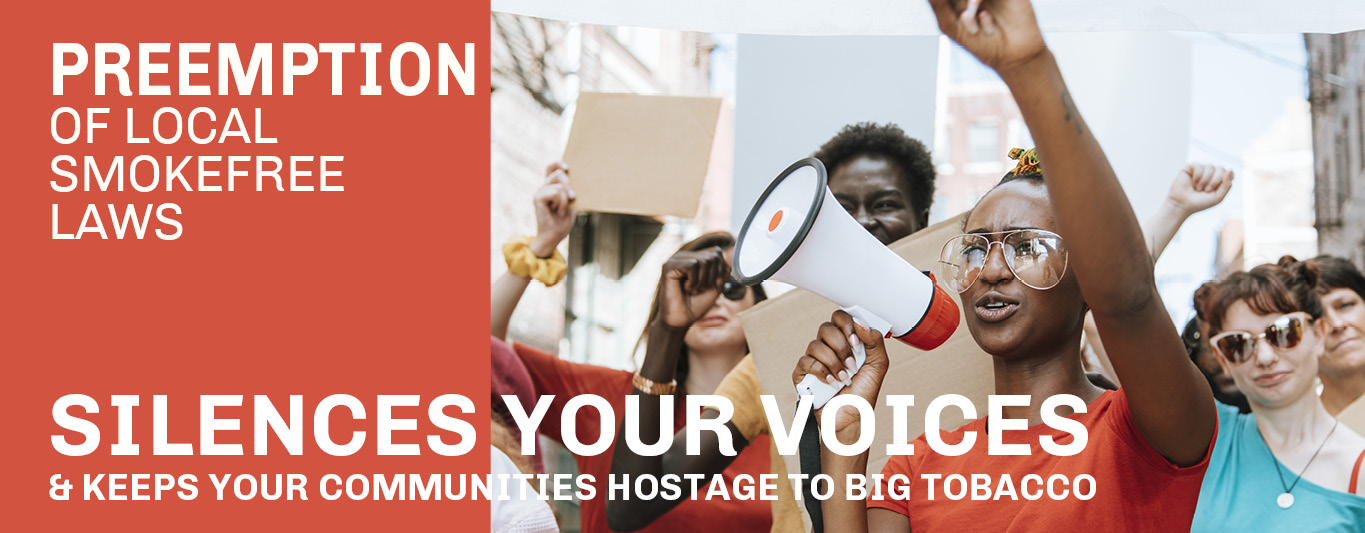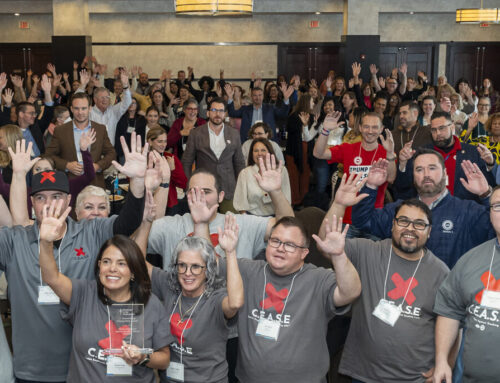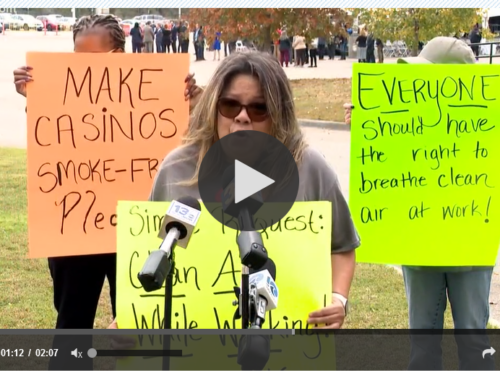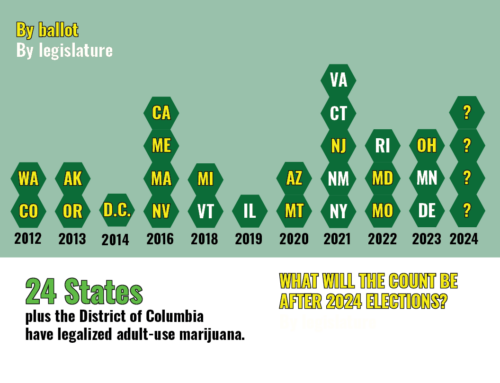As 2021 Legislative Sessions Begin
In December, we gave a heads up that the strategy of preemption (limiting local governments’ capacity to implement public health or other local policies) – which was devised by Big Tobacco in the 1990s – is having a major resurgence. Now with state legislators kicking off their 2021 sessions, we are seeing just how broad and sweeping these strikes on local democracy are turning out to be.
High Alert: FL, TX, LA, WV, TN, KS, IA, MO
We are on high alert with advocates anticipating preemptive bill language to be filed in Florida, Texas, Louisiana, West Virginia, Tennessee, Kansas, Iowa, Missouri, and beyond. This is in part a response to the American Legislative Exchange Council or ALEC’s nationwide strategy via an “emergency limitation act” to limit local control of public health during an emergency like a global pandemic. Thus far, 24 states have filed some version of this legislation, including some that have copy and pasted the boiler plate language. Some bills seek to remove local governments’ ability to adopt tobacco control laws, while other bills seek to prevent all local public health regulations. For a specific example, we look to Missouri where seventeen bills have been filed with language centered on limiting political jurisdictions’ response to a pandemic or public health emergency. The language proposed in HB 725 is particularly alarming; it grants the Governor sole responsibility in any type of response to a public health emergency and further limits local action of any kind under such circumstances. Another bill applies the legal concept of “strict scrutiny,” which would require any public health response to an emergency, like a pandemic, to be heard in a court of law. This unnecessary oversight wastes precious time and resources that could be better spent responding to said emergency rather than defending the legality of the response.
For decades, the leadership of city council members, mayors, boards of health and other local leaders has paved the way for strong smokefree protections and has nimbly responded to emerging crises like e-cigarette use and now on-site marijuana consumption. Maintaining the capacity for local people to work with the decision-makers in their own community to address the issues that matter most is essential to our democracy. In terms of smokefree advocacy, local control will save lives. Fortunately, progress is on the horizon. At least 14 states are considering rolling back preemptive provisions on public health issues, including tobacco prevention strategies. Through the support of a broad-based coalition and strong policy champion, advocates in Kentucky have a real chance of overturning 25 years of preemption of tobacco control and re-establishing local authority to adopt point of sale and youth access policies.
Where People Cannot Protect Themselves
Local smokefree preemption remains on the books in some form in twelve states, including Oklahoma, Tennessee, and Pennsylvania, as featured in ANR Foundation’s report: Bridging the Gap: Status of Smokefree Air in the United States. It is extremely difficult to change state law to remove these limits, which makes it nearly impossible to advance meaningful smokefree policy change at the local level. This is by design. The tobacco industry wields far greater power at the statewide level where lobbyists’ influence and presence is strongly felt in Capitol buildings. The industry is less equipped and less inclined to interfere with local work. Thus, preemption is the perfect strategy for the industry to keep indoor smoking as the norm and to perpetuate the myth that secondhand smoke is inherent to certain types of businesses.
Big Tobacco Operates in the Shadows
Public health advocates must remain vigilant to ensure preemption stays off the books, particularly in the form of the extremely broad and vague bills currently proposed in so many states. One of the reasons the strategy can be so effective is the way it is deployed, often in closed door meetings, or added to bills in the eleventh hour or during an obscure process that does not allow the public to weigh in. Research shows this process is a detriment to public health and social justice. Fortunately, smokefree advocates are ready and have expertise in successfully preventing passage of preemption.
Learn more about this strategy here. Stay in the loop to defeat preemption in 2021 by signing up for email alerts.
